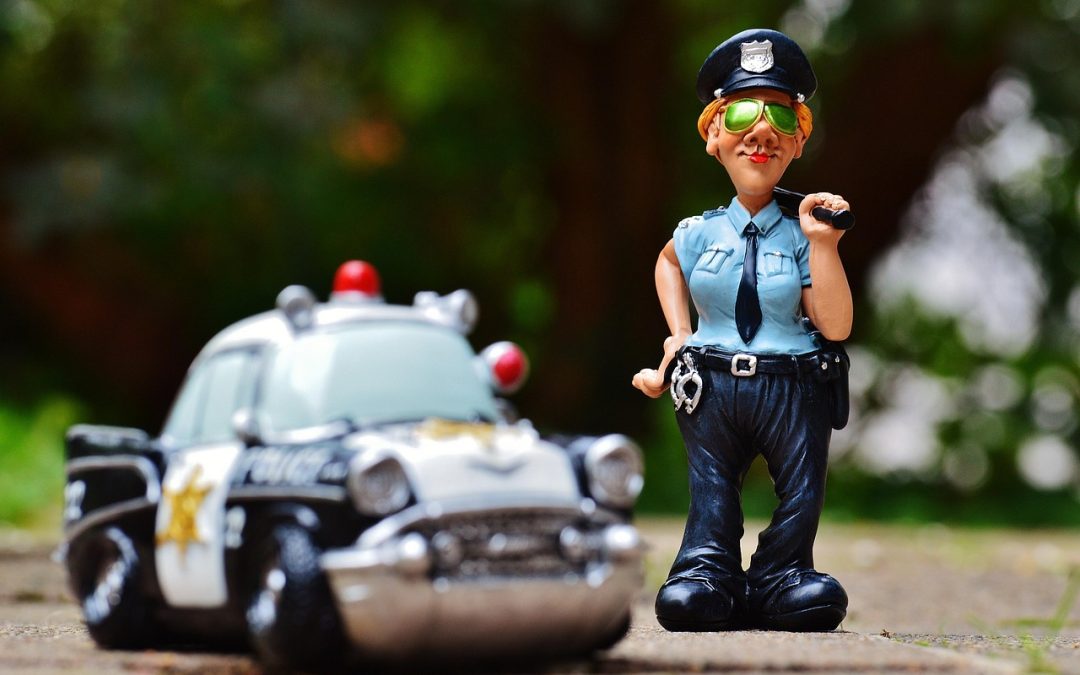As you go about your daily life, you may find yourself in a situation where you’re interacting with police officers in a public place. Perhaps you’re attending a protest, taking photos of a crime scene, or simply recording an encounter that’s unfolding before your eyes. In these situations, it’s essential to know your legal boundaries and assert your rights safely and respectfully.
Understanding Your Right to Record
The First Amendment protects your right to record police officers performing their official duties in public places. This right is essential for promoting transparency, accountability, and trust between law enforcement and the communities they serve. Courts have consistently held that recording police activity is a protected form of free speech, as long as you’re not interfering with the officers’ duties or breaking other laws.
Practical Tips for Recording Police
To ensure your safety and the successful exercise of your rights, follow these guidelines:
- Be respectful and calm when interacting with police. Avoid confrontational language or behavior that could escalate the situation.
- Maintain a safe distance from the officers and avoid physically interfering with their activities.
- Clearly display your recording device and announce your intention to record, if possible. This can help prevent misunderstandings and potential conflicts.
- Avoid editing or manipulating your recordings, as this could raise questions about their authenticity.
- Familiarize yourself with local laws and regulations regarding recording police activity. Some jurisdictions may have specific rules or restrictions.
Balancing Rights with Safety
While it’s crucial to assert your rights, it’s equally important to prioritize your safety and the safety of those around you. Remember that police officers may not always understand or respect your rights, especially in high-pressure situations.
“The First Amendment is not a license to engage in reckless or hostile behavior. Rather, it’s a guarantee that citizens can engage in peaceful, lawful expression, even when that expression critiques or challenges government actions.”
This quote highlights the need to balance our rights with responsible behavior. By staying calm, respectful, and aware of our surroundings, we can help de-escalate tensions and promote a more constructive interaction.
Staying Informed About Local Laws
While this post provides a solid foundation for understanding your right to record police in public, it’s essential to stay informed about local laws and regulations. These can vary significantly between jurisdictions, and it’s crucial to be aware of specific rules, restrictions, or requirements that may apply in your area. By staying informed, you can more effectively assert your rights, while also promoting a safer, more respectful interaction with law enforcement.
The information at Observed.Org may not pertain to every jurisdiction. It is YOUR responsibility to know your rights and observe them. Nothing here should be considered legal advice.

